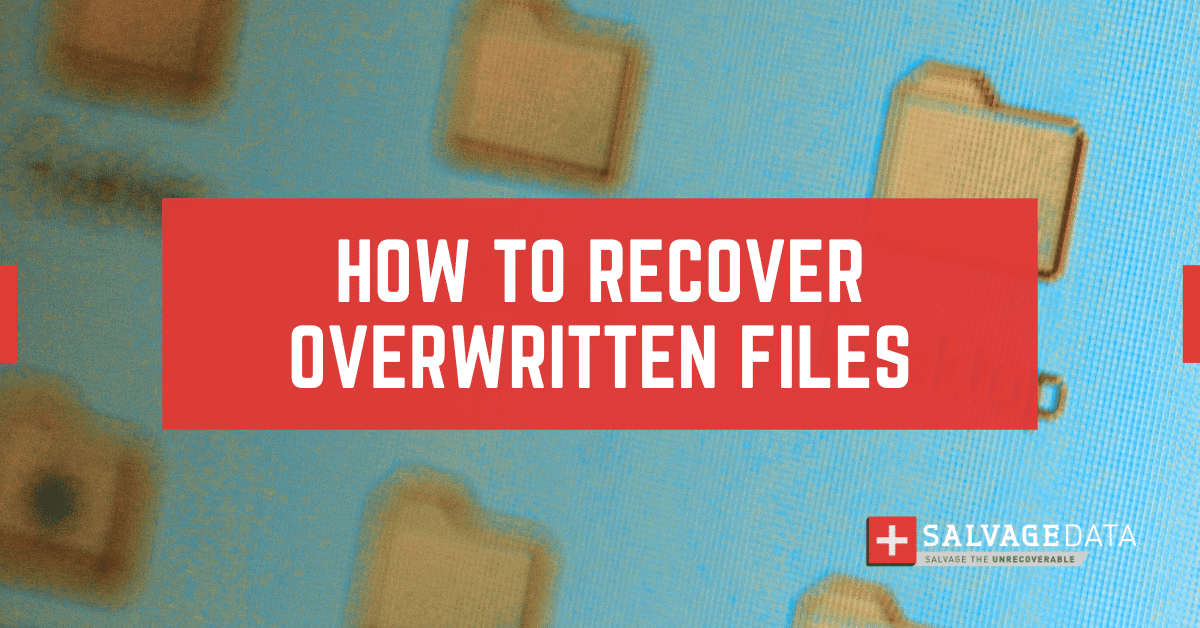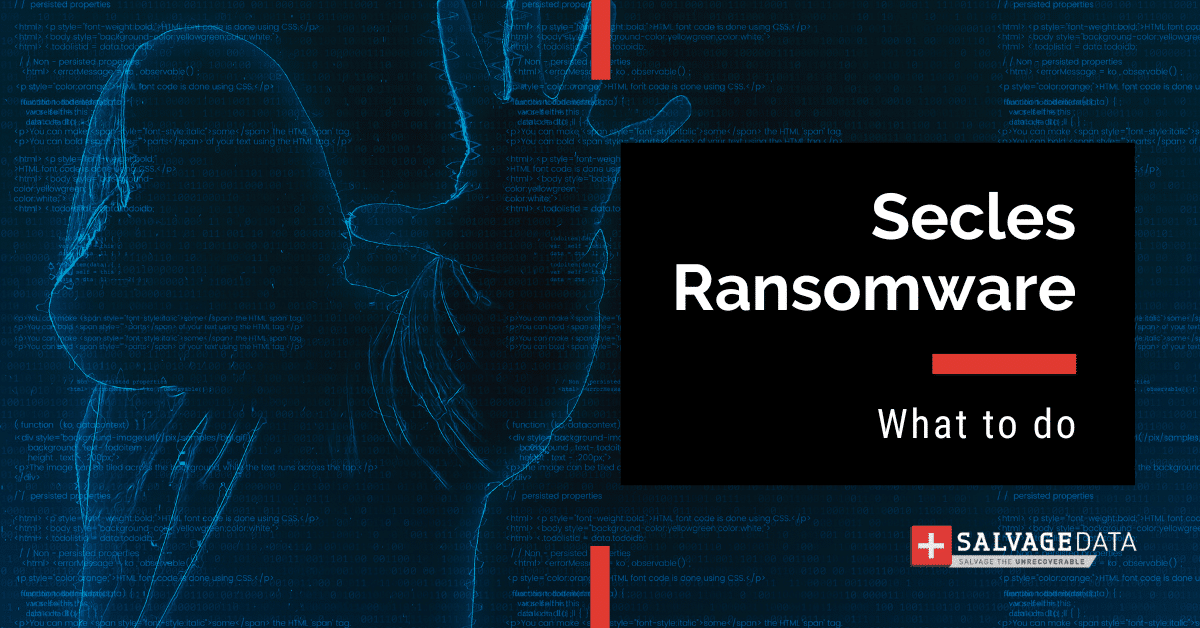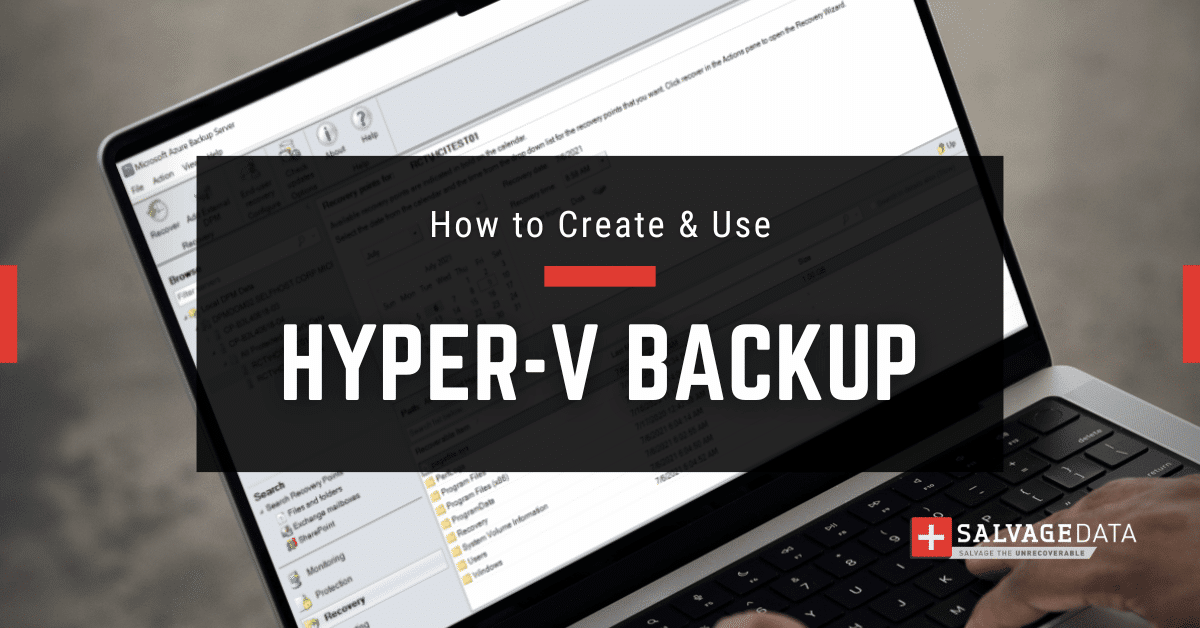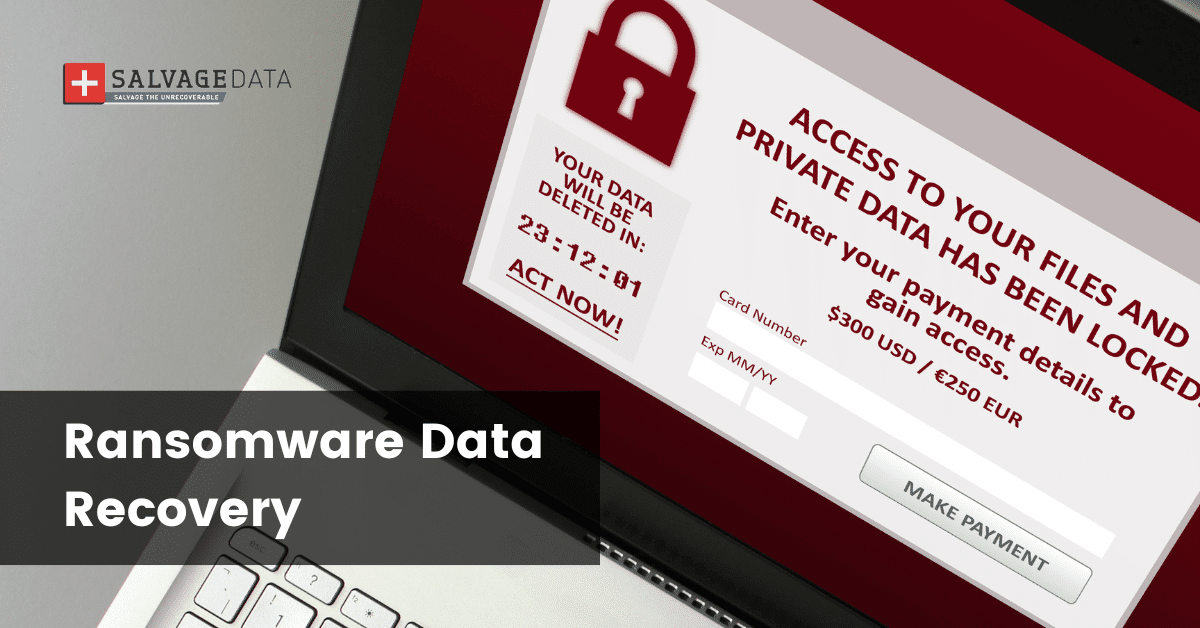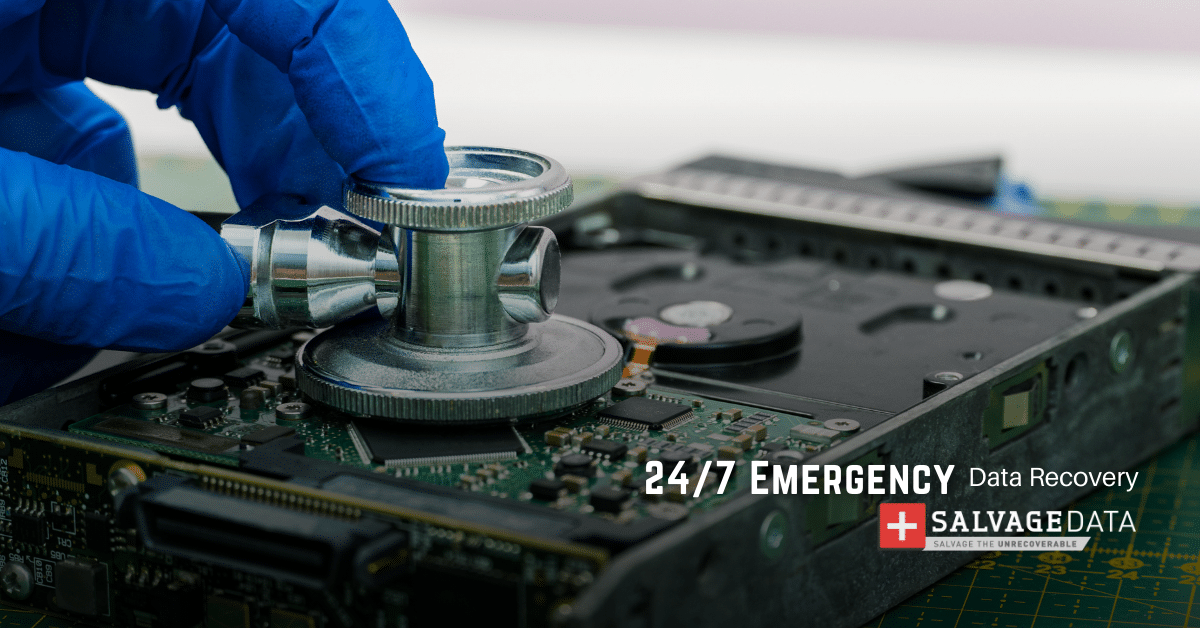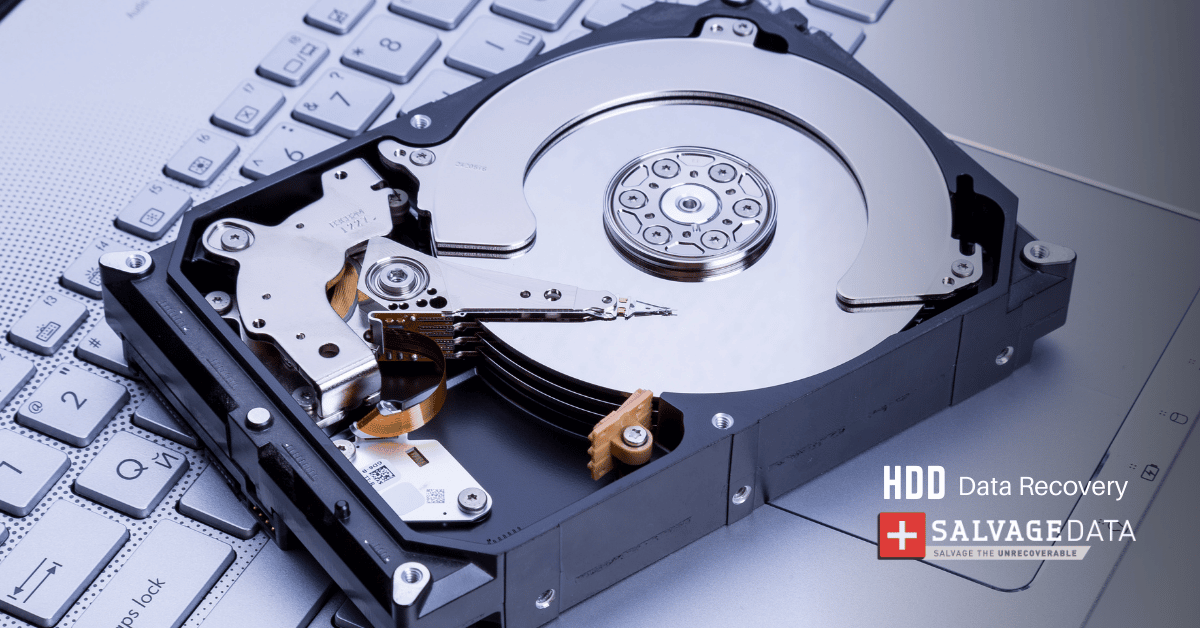Recent Articles
How To Recover Overwritten Files
The Snowflake Data Breach: A Comprehensive Overview
Mac Not Recognizing External Hard Drive: Quick Fix Solutions
How Multi-Cloud Backup Solutions Can Prevent Data Disasters
Capibara Ransomware: What is it & How to Remove
What Should a Company Do After a Data Breach: The Ticketmaster Incident
Secles Ransomware: Removal Guide
What To Do When Your Chromebook Freezes
How to Create Hyper-V Backup
What Is The Best Data Recovery Software For PC

I think there's an issue with my storage device, but I'm not sure Start a free evaluation →
I need help getting my data back right now Call now (800) 972-3282
Sanctions is a new type of ransomware that has been specifically designed to target businesses and organizations. Sanctions Ransomware encryption process is very sophisticated and uses a unique key for each file, making it impossible to decrypt without the payment of ransom. The ransomware will display a message on your screen demanding payment of a ransom to decrypt your files. The ransomware is a serious threat to your data and should be removed immediately.
History
This ransomware was first discovered by malware researcher Michael Gillespie on May 6th, 2017. It was created using the NSIS installer.
How does it spread?
Attackers spread this ransomware through email attachments and malicious websites.
How do I know if I am infected?
Sanctions will encrypt your files and append the .sanctions extension to the end of each file. It will change your background to a black image that contains the ransom note. Your computer will run slowly and you will not be able to access your files.
Ransom payment
Attackers typically demand ransom in Bitcoin.
The amount of the ransom varies but is typically around 1 BTC. Sanctions Ransomware will give you a deadline to pay the ransom, after which the price will increase.
The largest Sanctions Ransomware attack was against the City of Atlanta, which resulted in a payment of $51,000.
Preventative measures
The best way to protect yourself from Sanctions Ransomware is to take preventative measures. You should never open email attachments from unknown senders and only download files from trusted websites. You should also have a reliable anti-malware program installed on your computer and keep it up-to-date. Additionally, it’s very important to have a backup of your important files as this will allow you to recover your data if you do become a victim of Sanctions Ransomware.
What should I do?
If they have infected you with ransomware, it is important to act quickly and remove it from your system. You should immediately disconnect your computer from the internet.
Attempting to remove the ransomware manually can be extremely dangerous and may result in further damage to your system. We recommend you use a reputable anti-malware program, like Malwarebytes, to remove it from your system.
Once you have removed the ransomware from your system, you can then restore your files from a backup.
If you do not have a backup, you may be able to use data recovery software to recover some of your encrypted files. However, we recommend you consult with a professional before attempting this, as it can be very difficult and time-consuming.
Public decryption tool
At this time, there is no public decryption tool available for Sanctions Ransomware.
Paying the ransom
We do not recommend paying the ransom as there is no guarantee that you will get your data back. Additionally, by paying the ransom, you are supporting the cybercriminals responsible for Sanctions Ransomware and encouraging them to create more ransomware.
Contact a data recovery service
Such services can remove it without paying the ransom and try to decrypt your files. However, they are not always successful and can be expensive. Additionally, you should only use a reputable data recovery service as there have been cases of cybercriminals posing as data recovery services to extort money from victims.
SalvageData Recovery Services is a reputable data recovery service that has been in business for over 10 years. We offer a free consultation and have a no recovery, no charge policy.
To learn more about us, please visit our website or give us a call at 1-800-972-3282. We are always happy to help!

